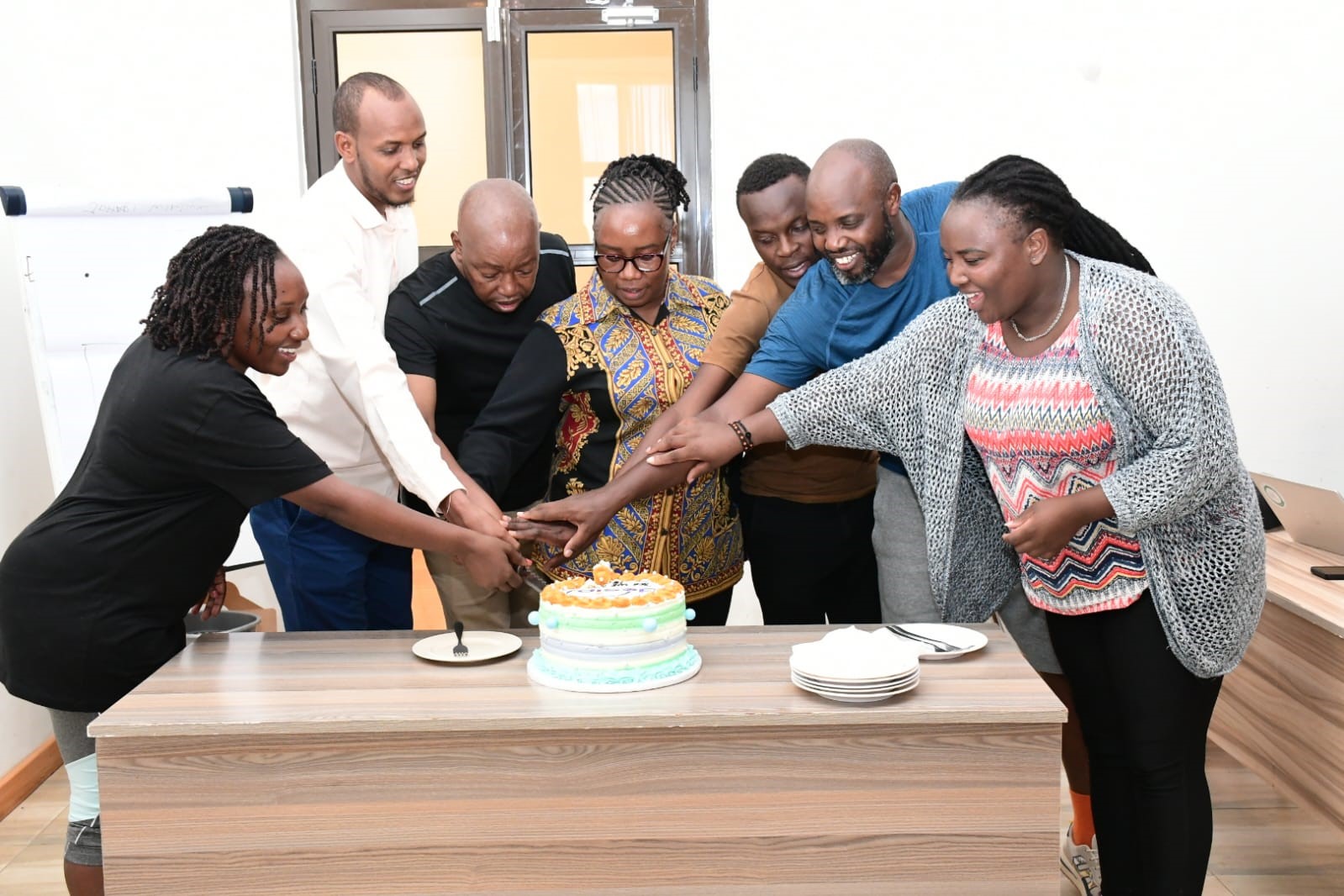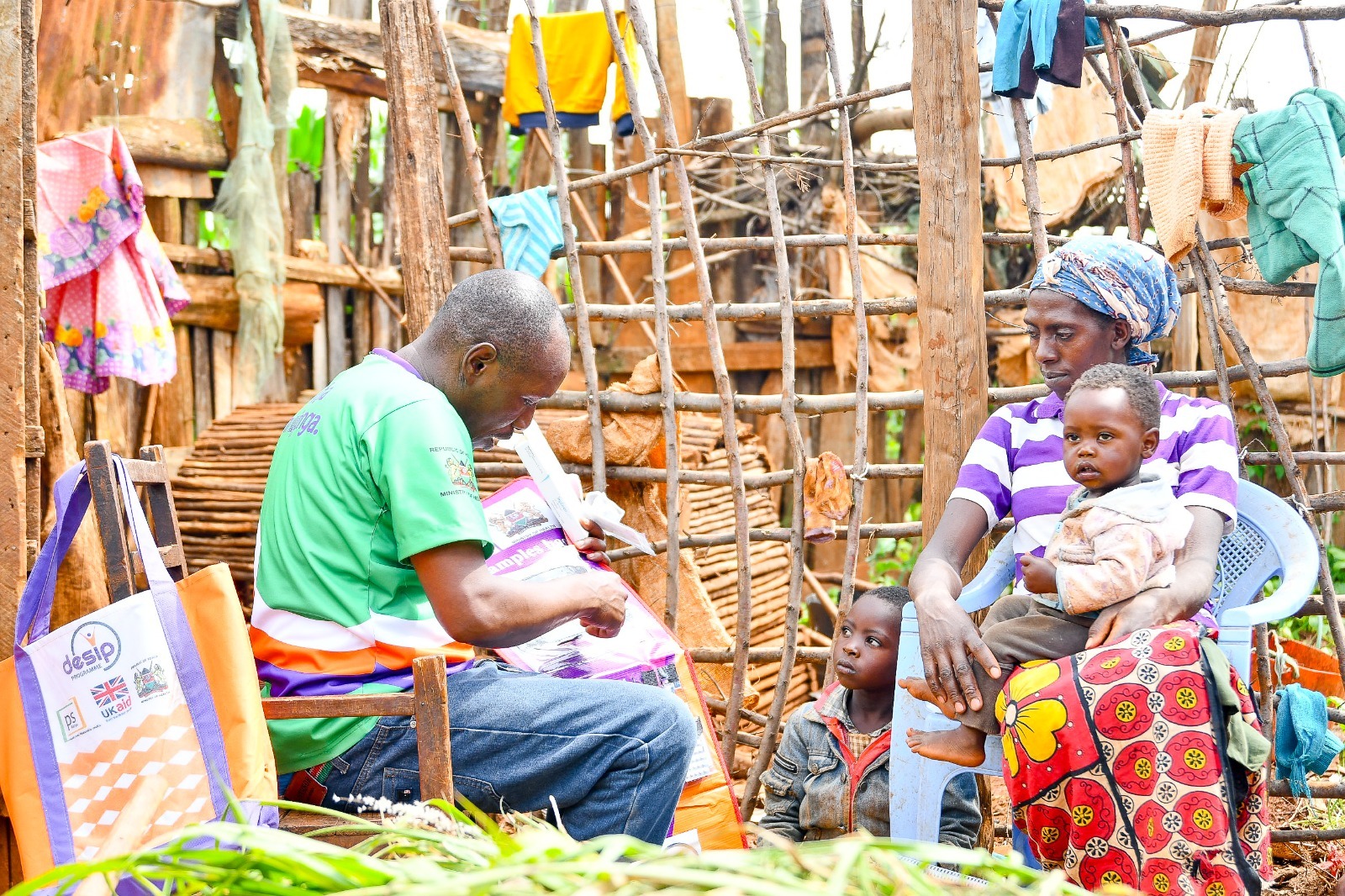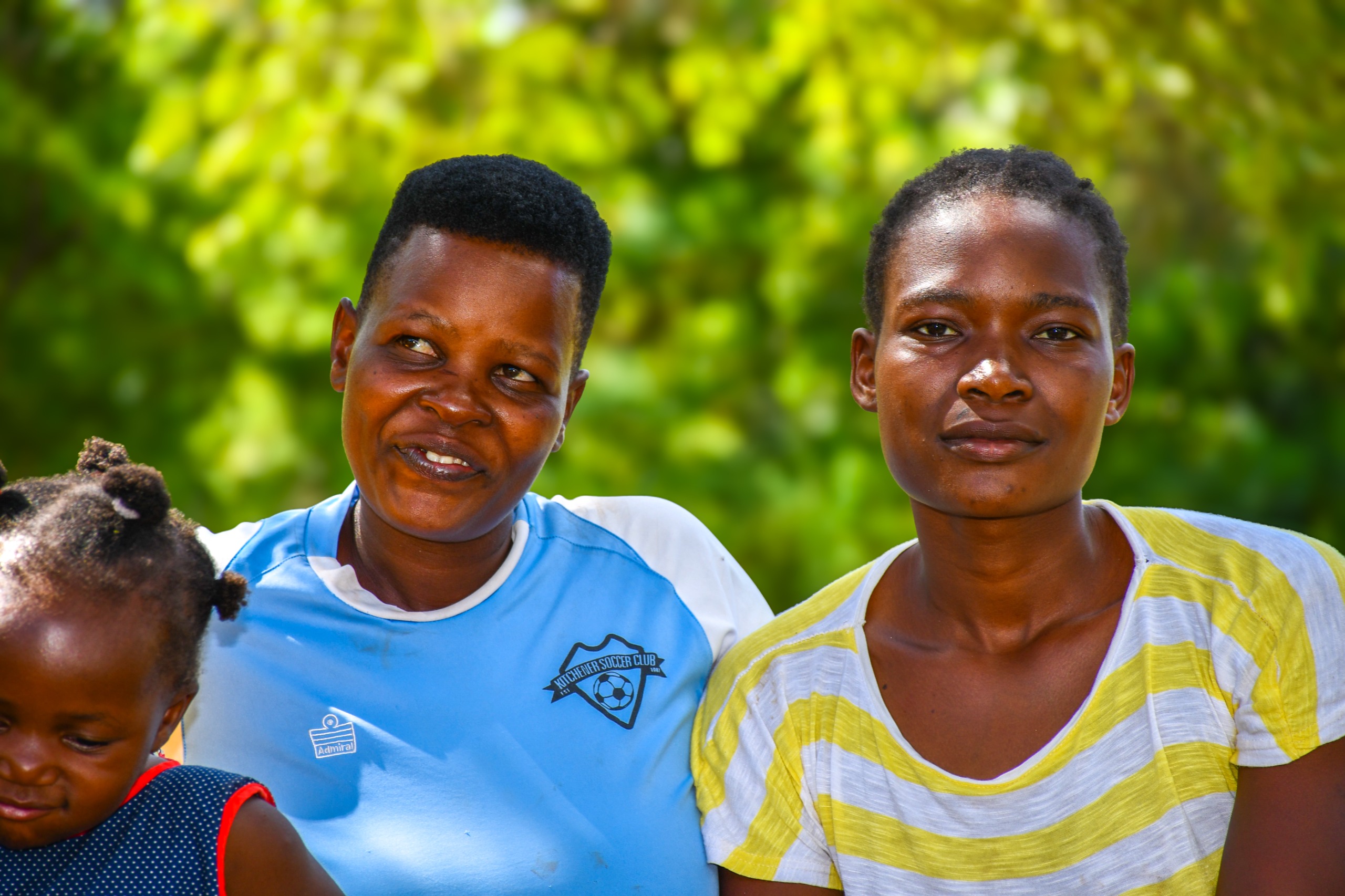Adolescents make up the greatest proportion of the world population, with 23% of the total population being adolescents aged 10–19years and these numbers are predicted to grow rapidly—particularly in urban areas as rural youth migrate to cities for economic and other career opportunities which makes them exposed to high sexual and reproductive health risks especially in poor settlements.
The DESIP programme has been able to employ some AYSRH service uptake improvement strategies for the private sector facilities with top most interventions being service delivery quality improvement for adolescents with contraceptive needs by improving on availability of quality youth friendly services and more delivery sites with unbiased supportive health care workers, demand generation activities through generation and sharing of engaging SRH messages for the adolescents and youth that were being shared through edutainment, through CHPs during inreach and outreach events and during dialogues in community events, advocacy through engagements in different multisectoral/stakeholder engagements and lastly through making AYSRH data visible to decision-makers, community members, and youth themselves. Private facilities HCWs have been taken through trainings and updates on LARC and AYSRH through collaboration and partnership with the County department of Health led by the CRHC and ensuring availability of FP commodities at the private facilities.
During a fact-finding mission by the Third-Party Monitoring (TPM)on the achievements, learnings and challenges of the DESIP program in Mombasa, the statistics showed that there was an increase in adolescent SRHR services uptake in the private facilities which was on an upward trend as compared to a downward trend at the public facilities. This could be explained by the fact that there are more private healthcare facilities in Mombasa than the public facilities, private facilities are easily accessible to the youth at the estates, the private facilities provide more privacy to the adolescents and the waiting period is not too long. Some adolescents said that the private HCWs understand them more and can keep the services private and confidential.



